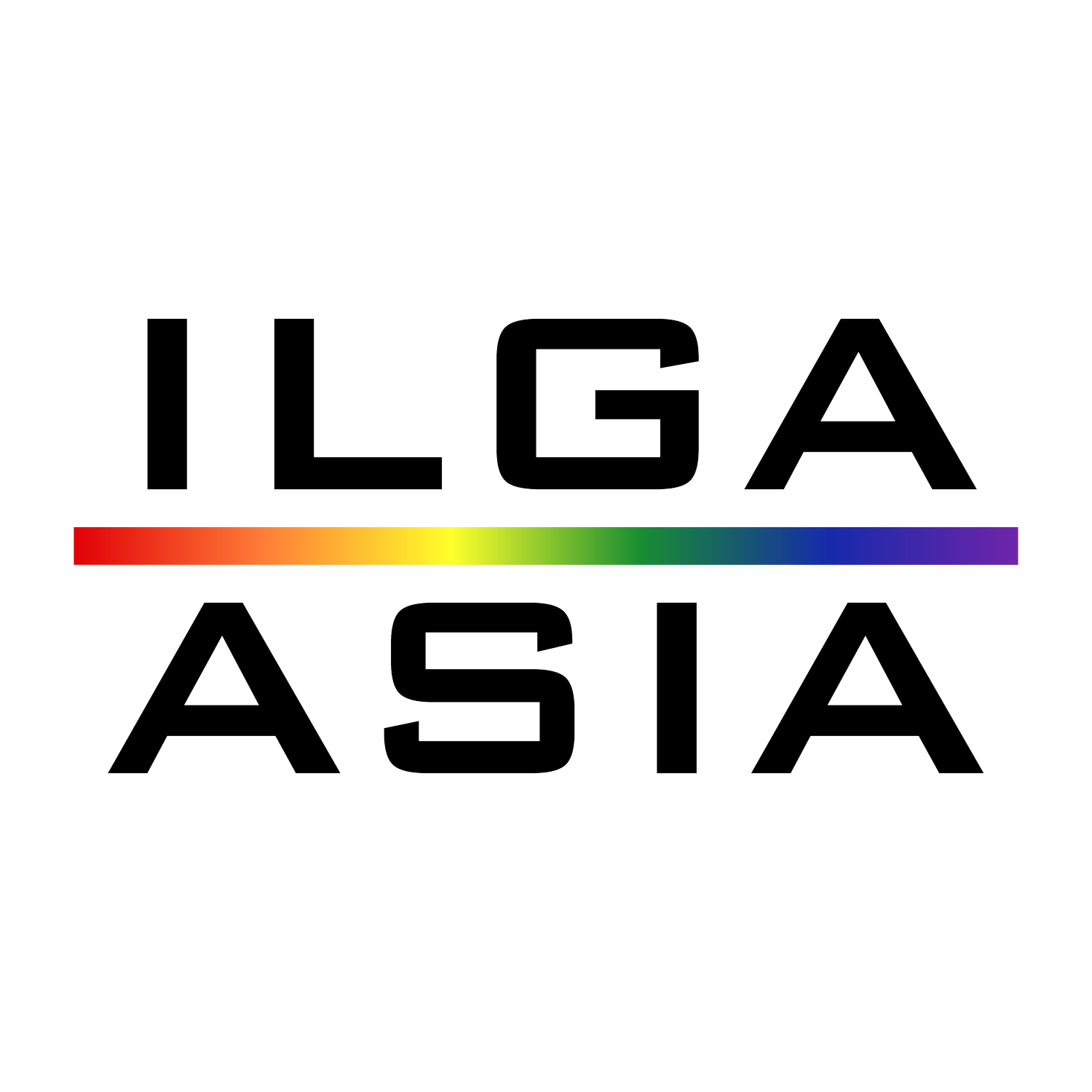Sri Lanka LGBTIQ Rights Report 2021: Living Without Legal Protection
Executive Summary
This report contains the analysis of data gathered through eight Key Informant Interviews (KII) and four Focused Group Discussions (FGDs) conducted as part of the in-country consultations in Sri Lanka for the ILGA Asia Strategic Plan development for the 2021-2025 period.
Data gathering for this report was conducted through Key Informant Interviews (KII) and Focus Group Discussions (FGD). Four focus group discussions were held with LGBTIQ community members. Eight key informant interviews were conducted with identified individuals who represented the LGBTIQ activists and advocates, community and legal sector. The KII participants also represented diverse sexual orientations and gender identities.
The findings revealed a mix of challenges faced by the LGBTIQ community in Sri Lanka across civil, political, economic, social and cultural rights spectrum. Some members and advocates of the community believes that all efforts of the community should be concentrated and accelerated towards decriminalization where as a significant part of the community believes that efforts should be concentrated on gaining economic, social and cultural rights (ESC) for LGBTIQ community more than civil and political rights as ESC rights are more relatable to everyday LGBTIQ community members. In addition, the KII and FGD participants agreed that the LGBTIQ community movement and its activists in the country lack a common goal which contributes to siloed efforts but do not necessarily result in the desired outcomes.
However, the LGBTIQ community movement of the country, of which the origins could be traced back to 1995 to the establishment of the first LGBTIQ organization, Companions on a Journey, have had many accomplishments. Among them, the existence of more than 10 LGBTIQ identified organizations, issuance of the gender recognition certificate, the recent acknowledgement of equal rights for LGBTIQ people by left wing political parties and the positive statements by consecutive Attorney Generals are key.
In spite of these achievements, gaining equal rights for LGBTIQ individuals through decriminalisation and enactment of enabling laws that protect ESC rights of the LGBTIQ community is miles away. The Minister of Justice met a group of human rights advocates in November 2020 and has initiated a process to redefine archaic articles in the Sri Lankan Penal Code and the importance of protecting the right to privacy of consenting adults. Yet, the current political regime has not explicitly expressed any sentiment over the LGBTIQ rights arguments ever since the appointment of the Executive President and parliament.
However, like the previous governments, there is threat that the current government will use the nationalistic, cultural and religious argument if it does not want to support the human rights course in general.




